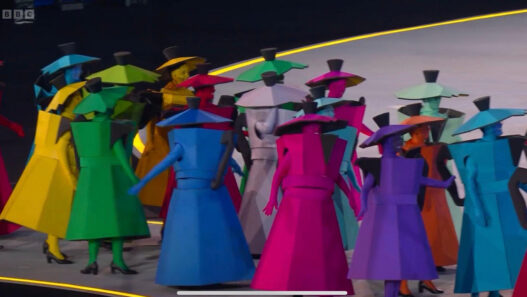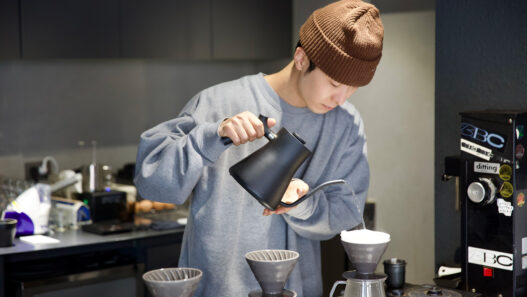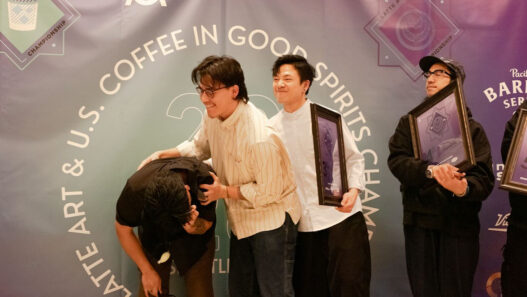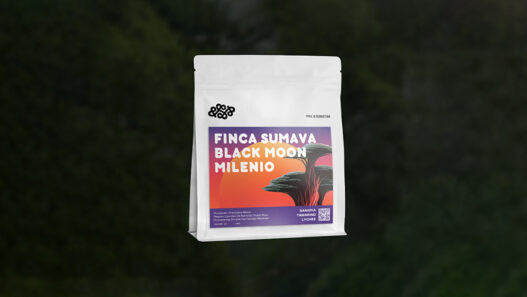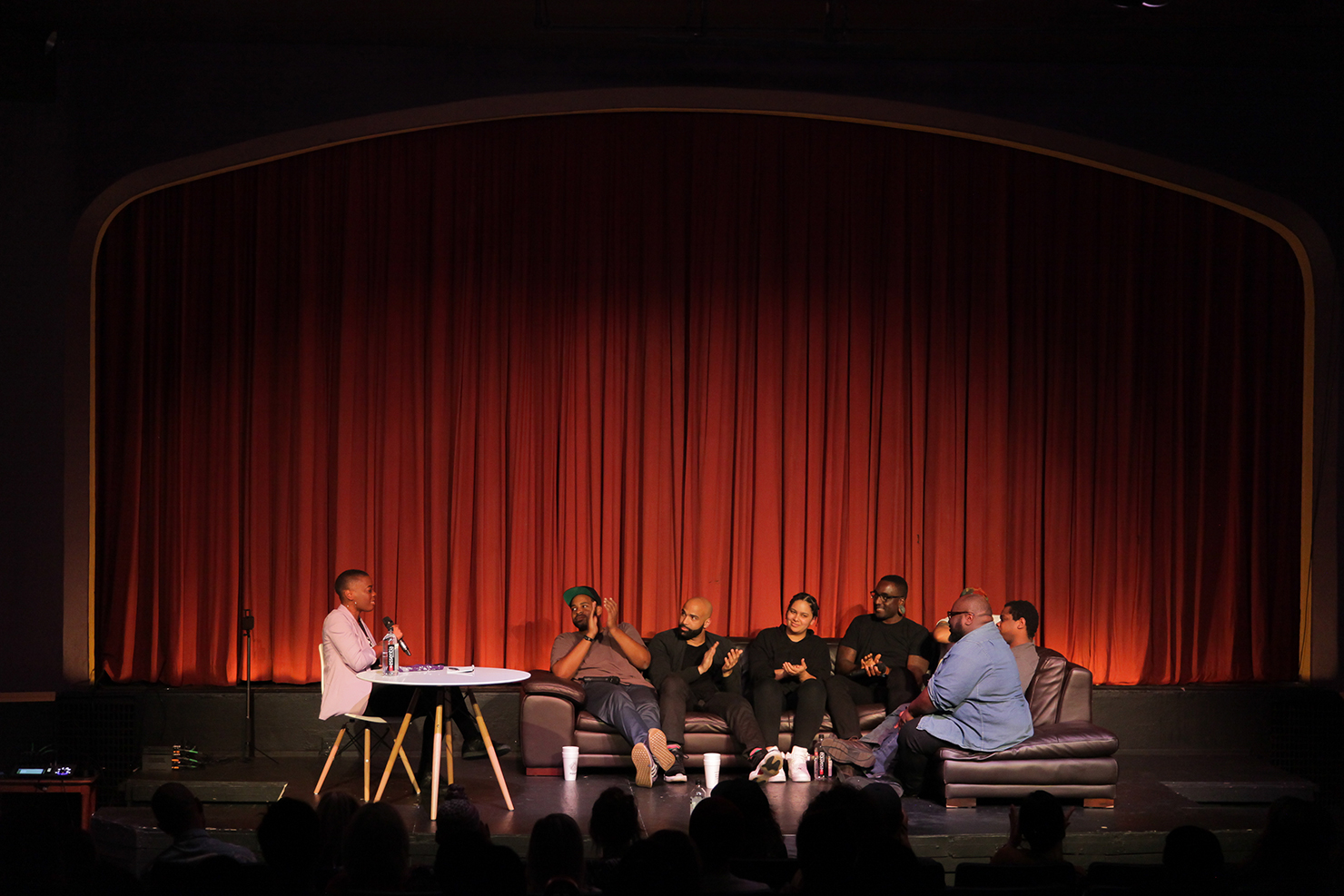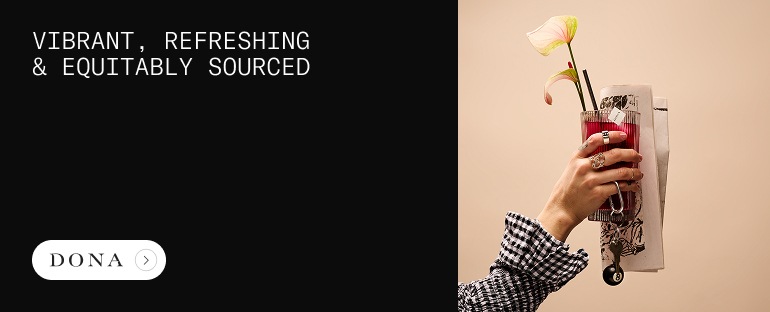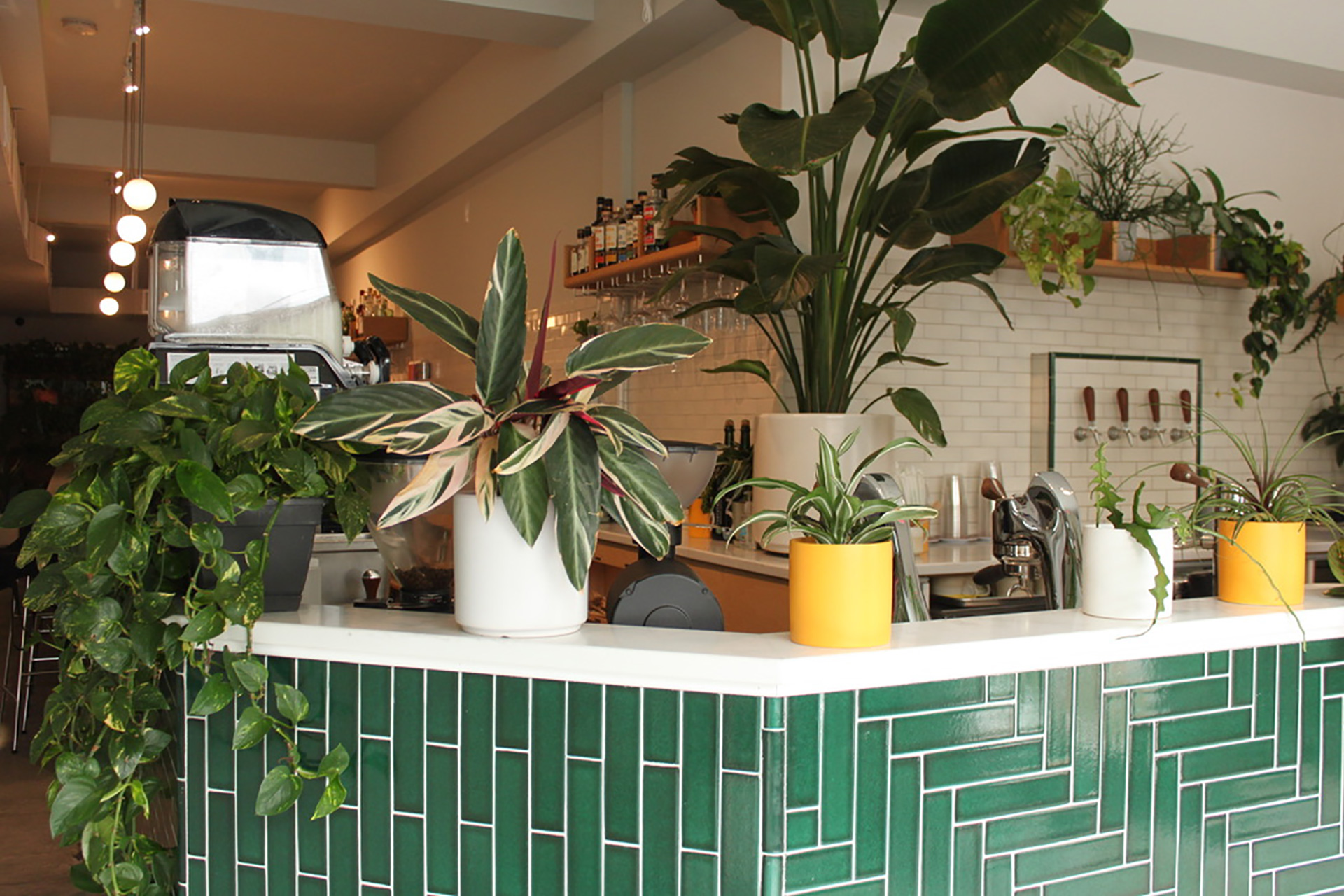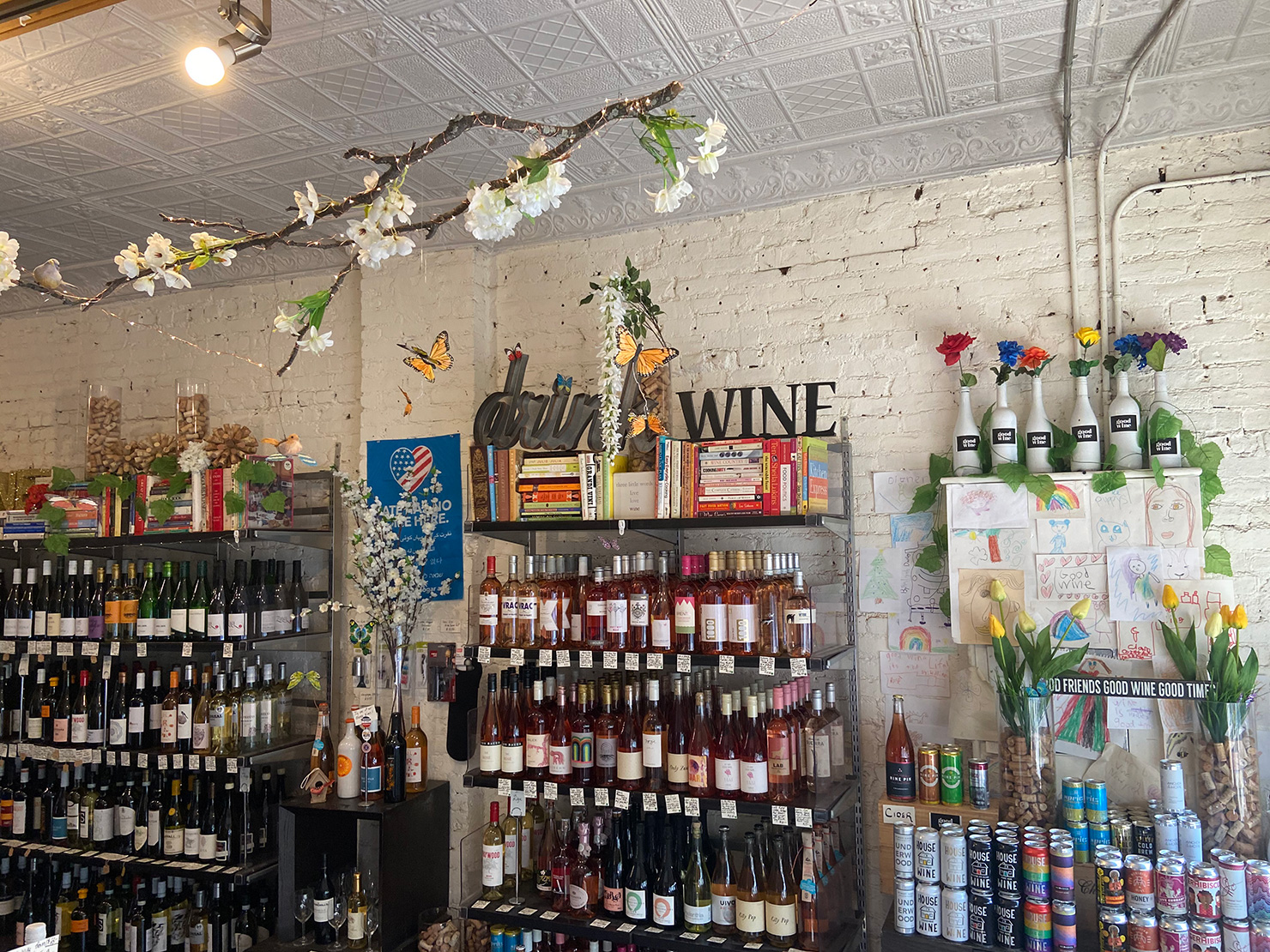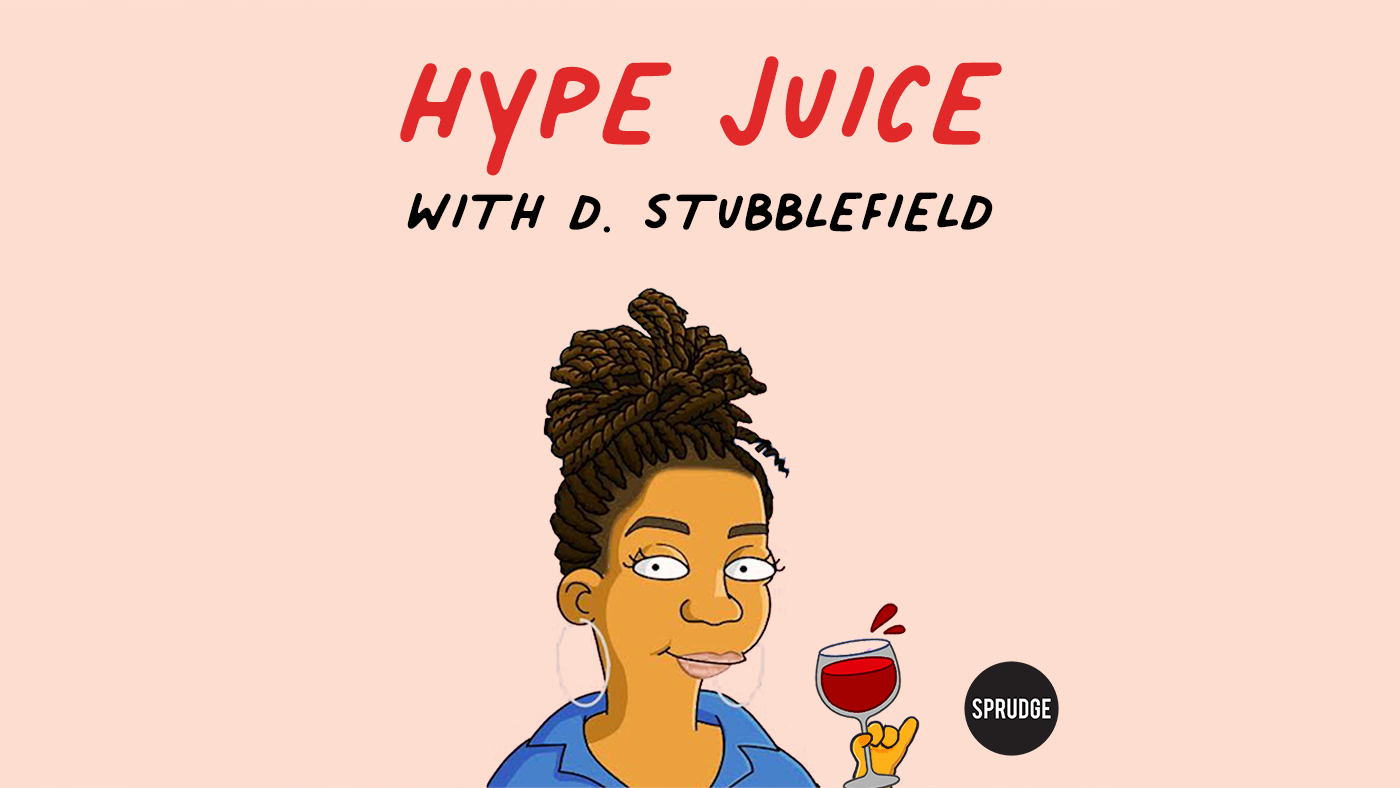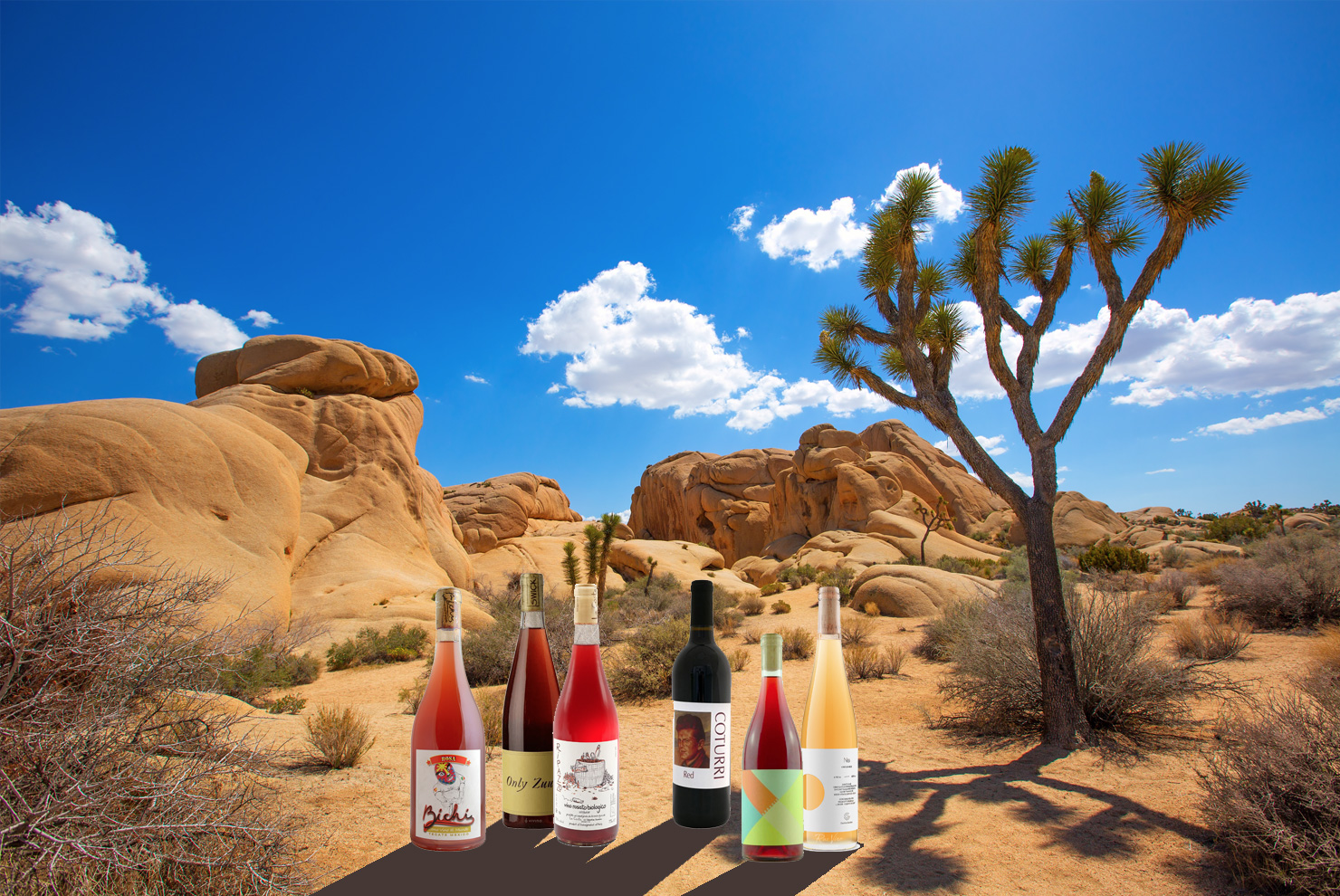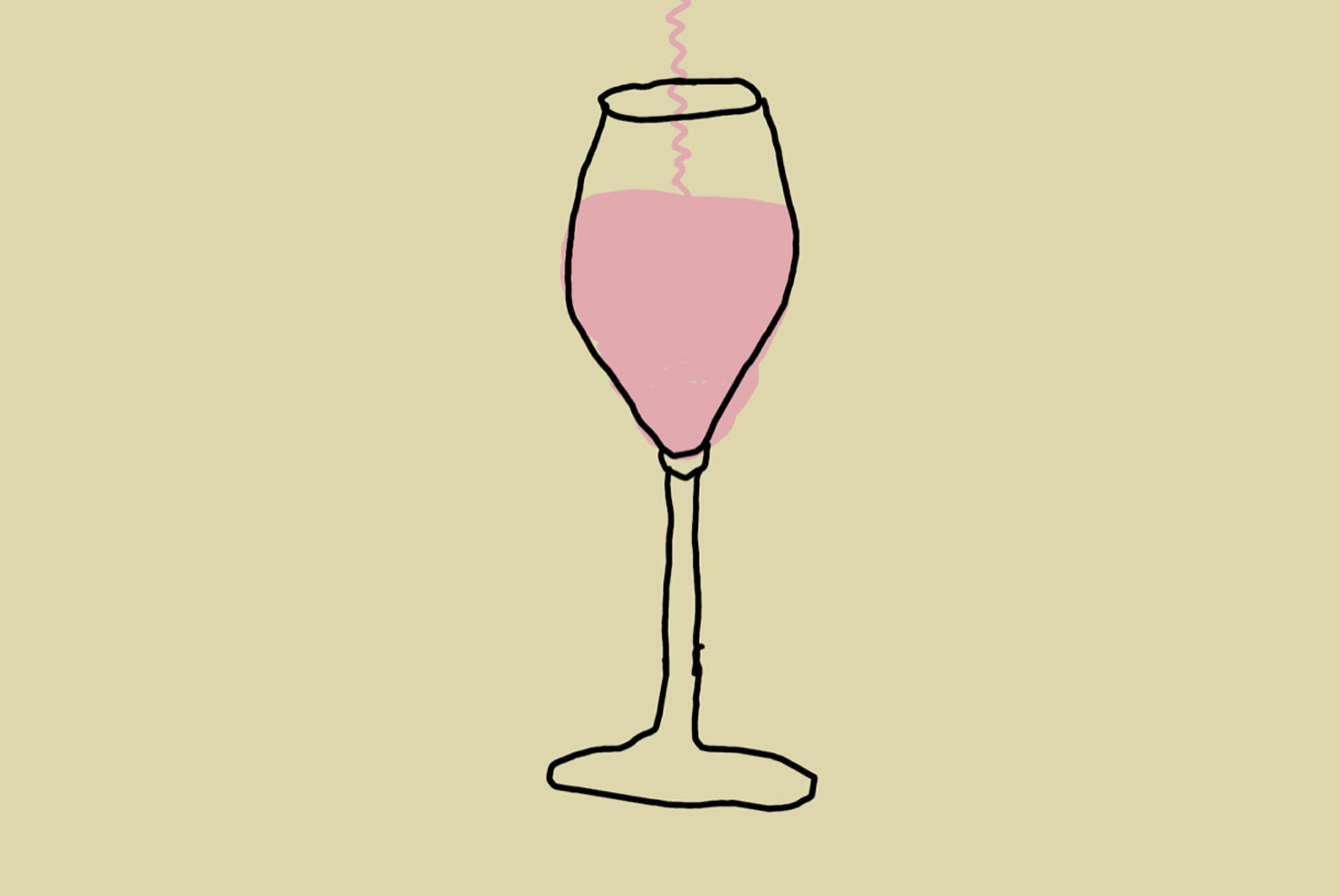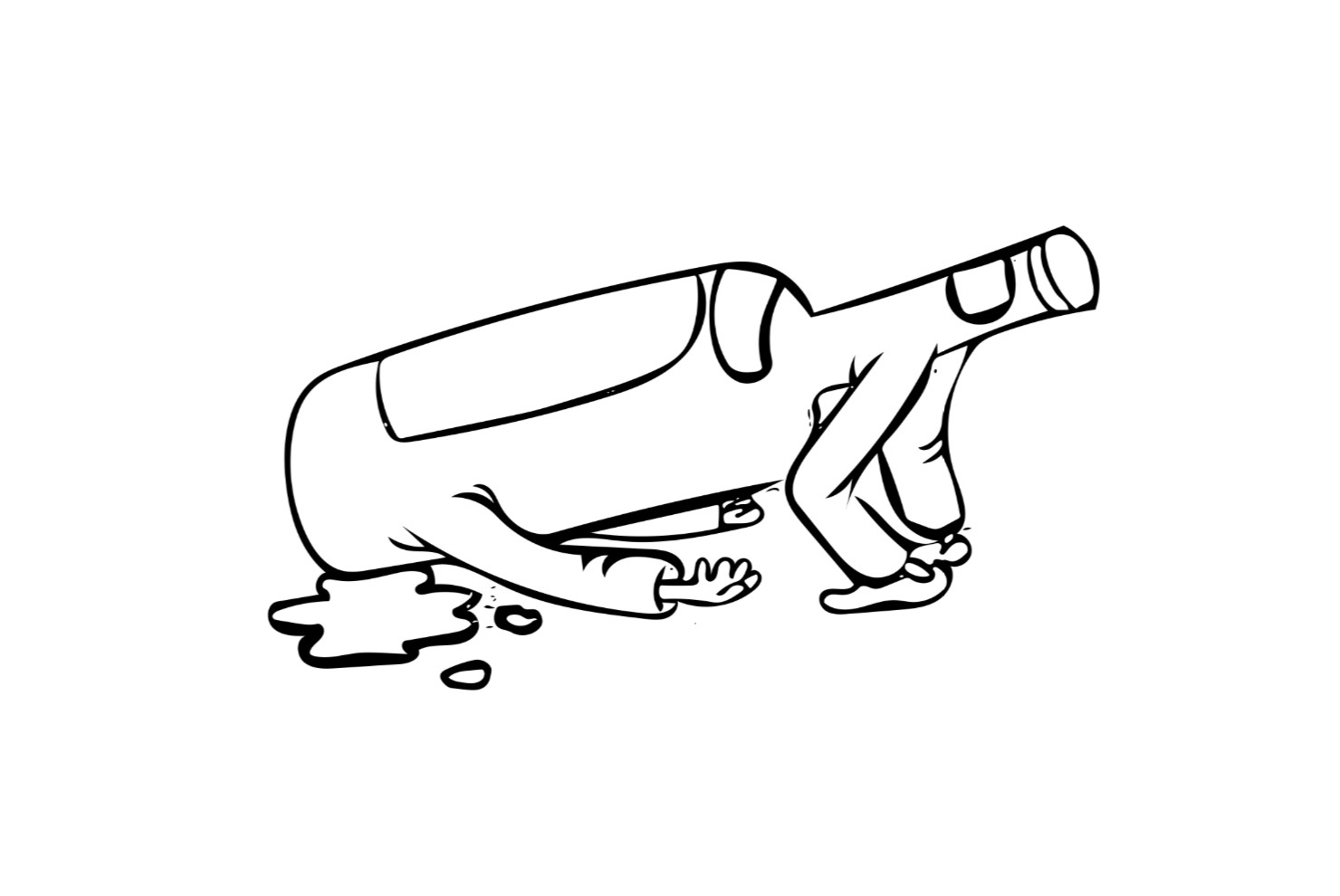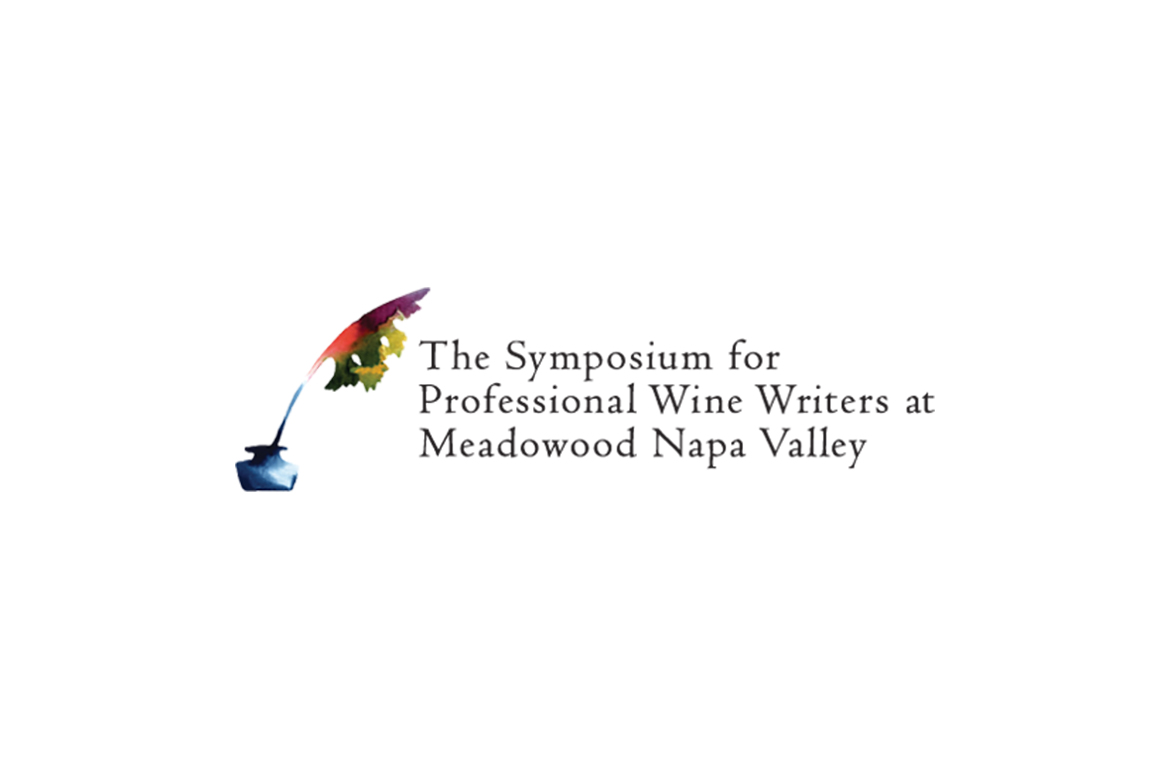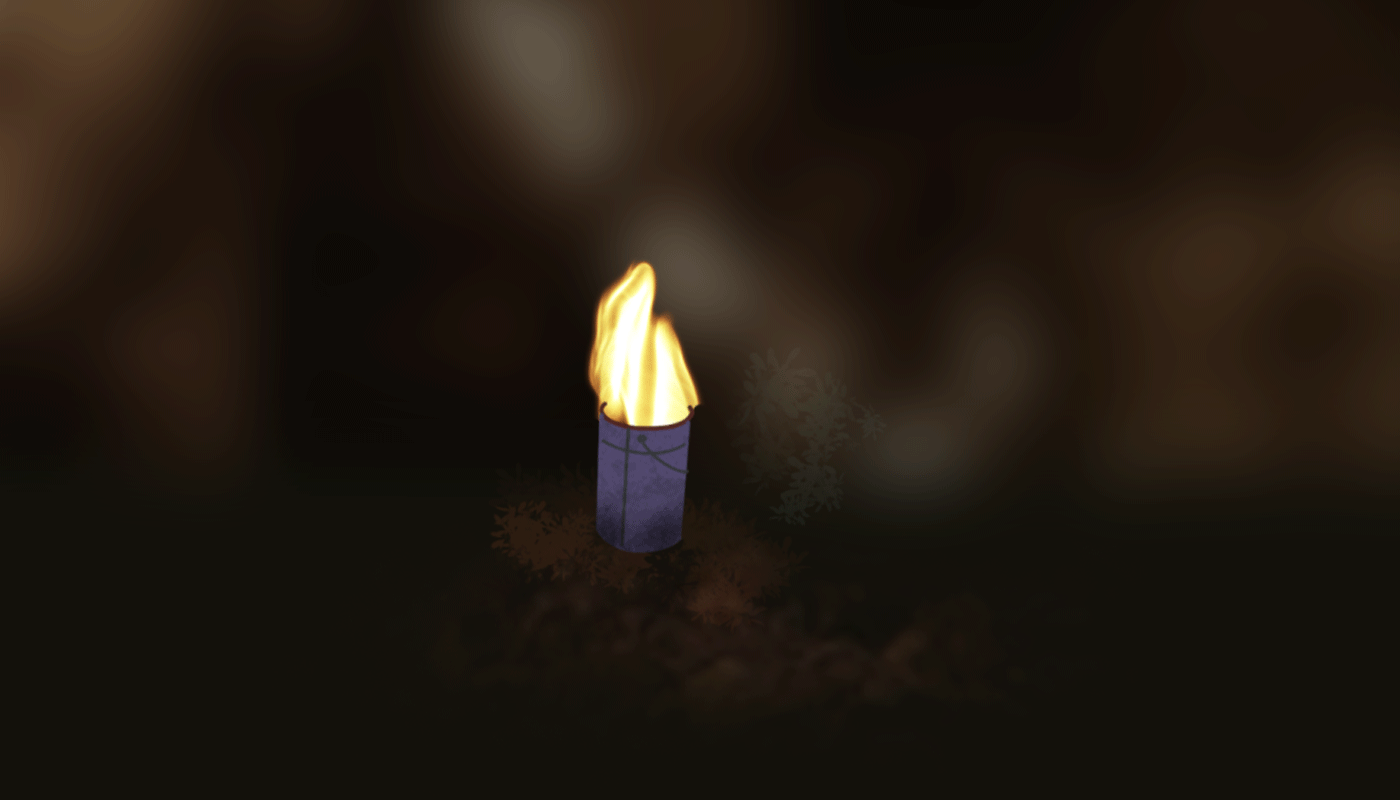“What would we do without Glouglou?” is not a rhetorical question but a question to which the answer is very grave indeed. Without Glouglou, there would have been no Axel Prüfer. No Mas Coutelou and no Octobre—at least not for me. And not all at once, either.
Which is not, of course, to say that Glouglou—Amsterdam’s first natural wine bar—is the sort of establishment to encourage you to mix your drinks. Rather, it’s the sort of perfectly positioned corner cafe to offer all these wines by the glass on any given Tuesday, and has the staff to tell you what you’re probably interested in and, don’t take it from me: here, try all three.
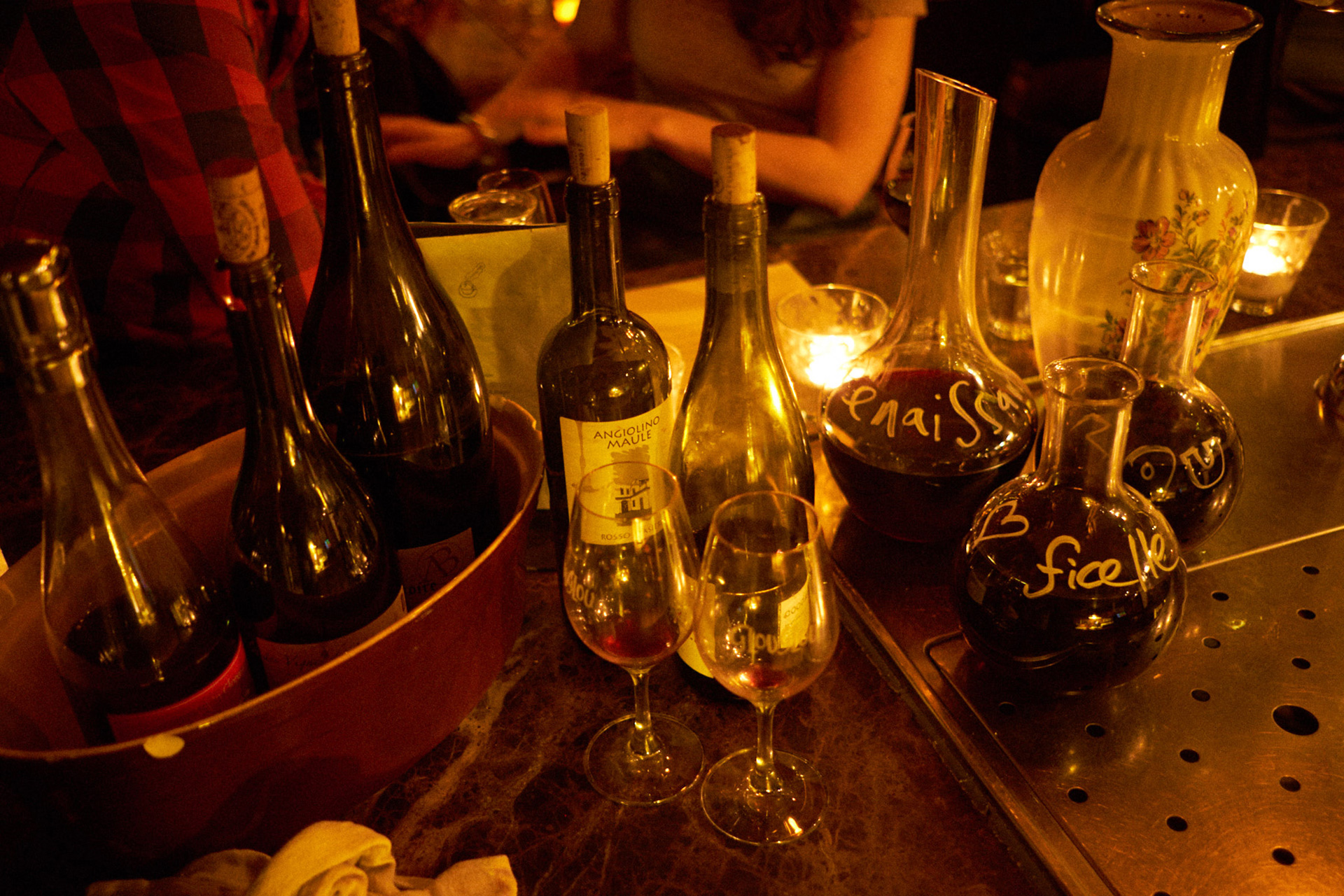
I hear you: tell us something new. Axel Prufer’s wines are well known in European wine bars. But it took Glouglou—opened in 2015 as not only Amsterdam’s, but the Netherlands’ first natural wine bar—to make them well-known here. Took Glouglou to take the risk. Took Glouglou to do something special so well we all now think it’s normal. So really the question ought to be: what would we do if Glouglou founder Paul Witte, tired of working as an editor and translator, hadn’t wanted to change track? And what if that track had headed in a different direction?
“I didn’t set out to become a ‘terroirist’,” says Witte. “About six years ago I enrolled in an oenology course with the idea of starting something new. I’d drunk natural wines before, first in the ’80s and then at a friend’s place in Marseille, but there was no scene then. No language for it.”
While taking the course, Witte met two men who would become influential early Amsterdam natural wine importers, Bas de Rooij and David Bolomey. “That was the beginning,” says Witte. “I remember Bas was always a step ahead: he wouldn’t drink anything with more than 30mg added sulphur even then. Now he’s down to none. I thought that was bullshit at the time, but it gets to you,” says Witte. “Once you taste the energy, you can’t go back.”
So he moved the idea forward.
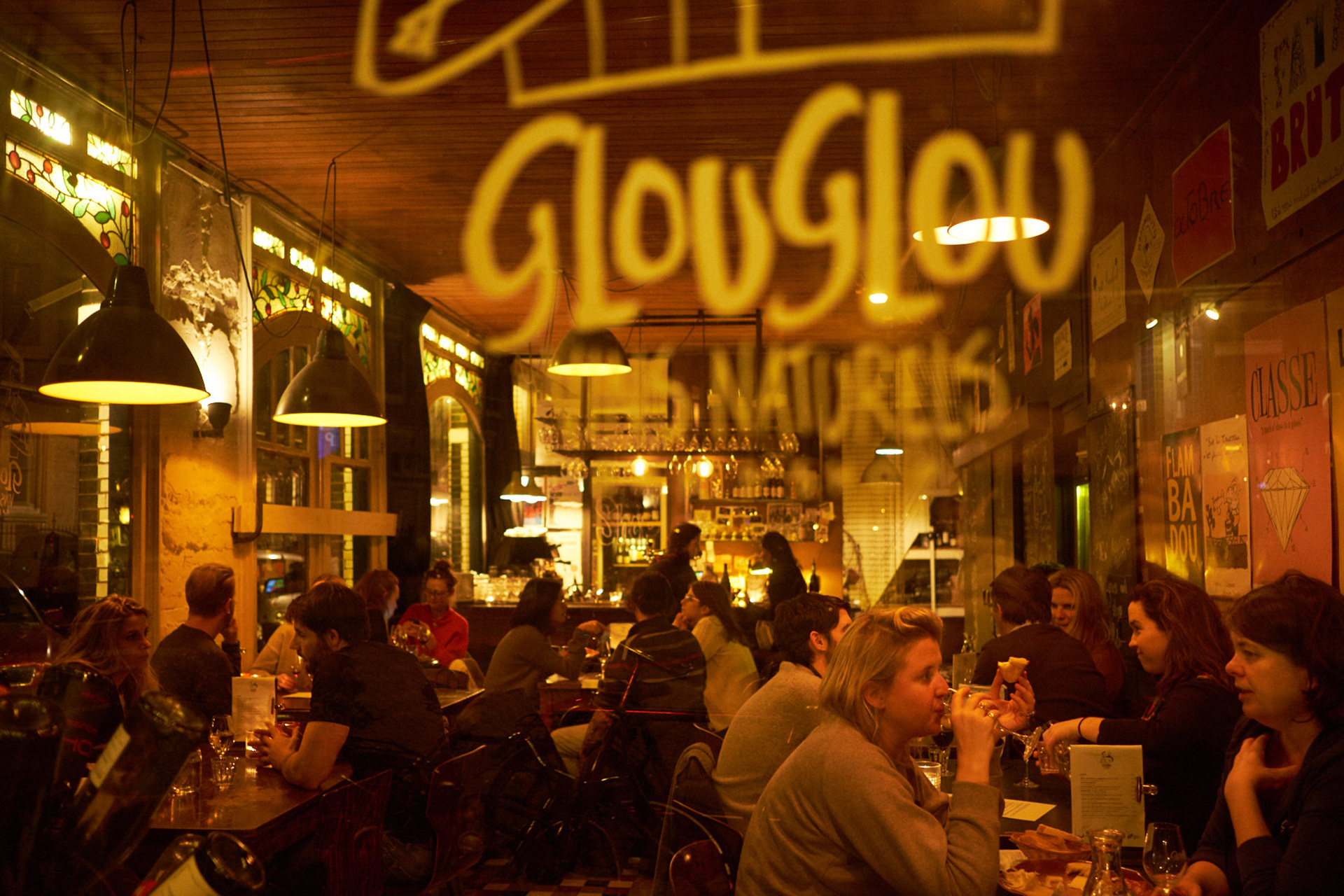
“I thought about it and thought about it, until it just got bigger than me and I realized this whole adventure had already started, I just had to run with it. This, despite the fact I had no idea about anything. I was working day and night. Super stressed. When opening day came, my [then] business partner didn’t believe it was going to happen. He hadn’t even told his wife… But we did it, and it was amazing. The next day, a Saturday, I was dead. I hoped no one would come. All my friends were saying wow, how nice, how fun, and I was like no, it’s no fun. I want to go home.”
“I remember thinking, ‘Jesus, I put all my money in this, I can’t leave.’” Witte reflects. “I’ll never forget [that] second day.”
For Glouglou co-owner Auke Vleer, the calling to natural wine came by way of invitation. Fed up with 24 years of photography and film, he too was looking to start something new when a mutual friend (artist Jose Luis Garcia Lechner, who made the Glouglou illustrations) suggested he contact Witte. “Wine’s been a hobby for as long as I could drink, but I had no experience working with it and no history with natural wine. I thought working at Glouglou would be good experience while trying to set up my own place,” he says. “Then, after my second shift, I was home editing photos—Paul called to ask if I wanted to join as partner! At the beginning we did 12-hour shifts. I rented my house in Amsterdam on Airbnb to put up the money as partner—and drove 45 minutes every night back to my family. But I knew this was the right place.”
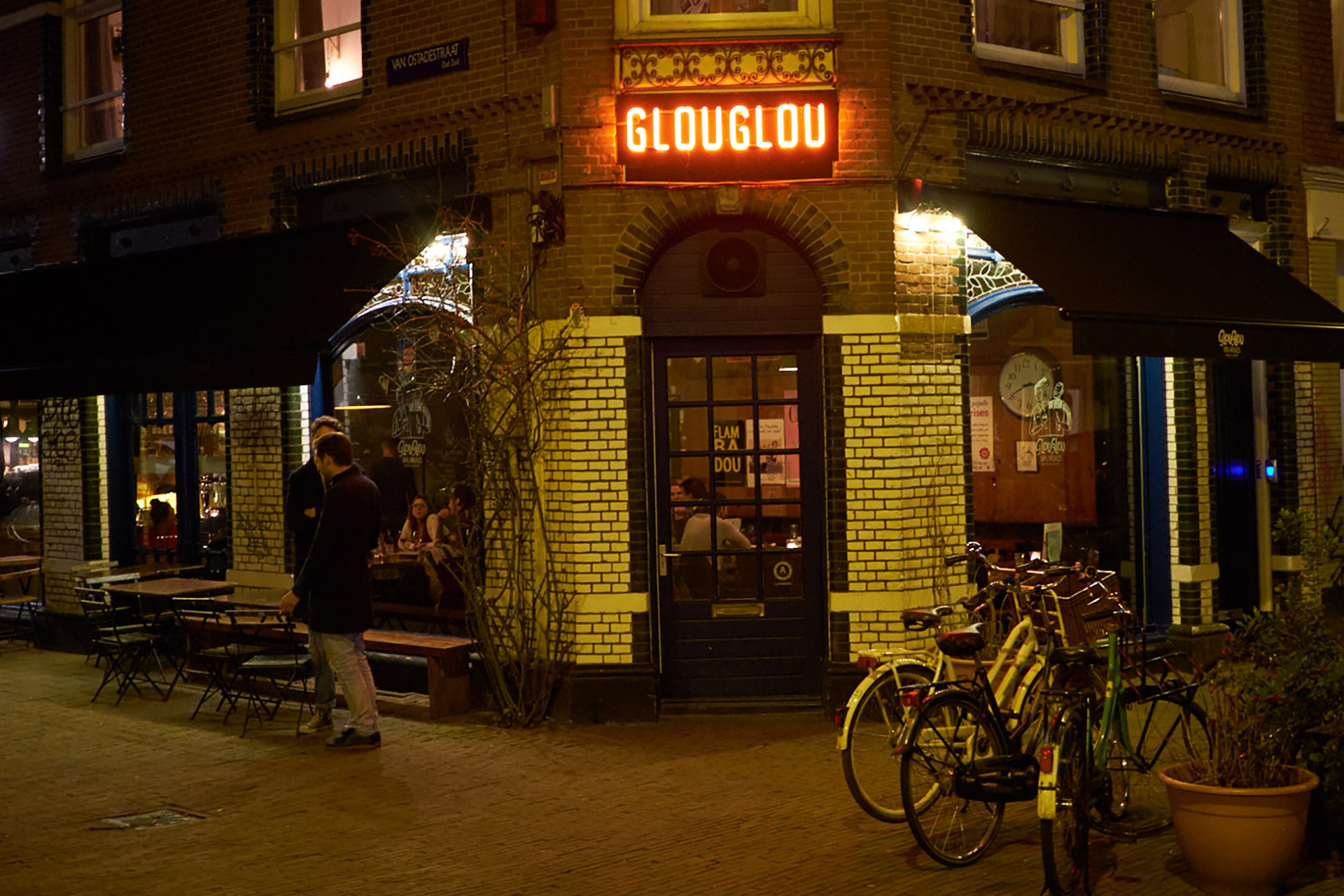
Glouglou broke open the natural wine nut in Amsterdam, recasting what used to be the pièce de resistance of an expensive evening out as an uncomplicated accompaniment to your hard-boiled egg. It got people into tasting before they committed to a glass, and it got them talking. It got the ball rolling. New bars have since fallen into the mold, and in April 2017, the Glouglou family expanded to include Bar Centraal.
So what’s next? Vleer says, “We’re fantasizing about a new place…there’s such a divorce between producer and consumer, it’d be cool to somehow balance the two. To be involved in the whole trajectory.” Witte adds, “I’d like to work towards a greater awareness of the need to put wine away until it’s ready to be drunk. What I’m seeing is that wine is increasingly being sold right after it’s made. When we started, we drank a wine because it was available. Now if we don’t buy it, someone else will. The winemaker puts 100% of his energy in and we drink it when it’s 70% ready… That’s not right. We need to develop a better respect for the product.”
Hannah Fuellenkemper is a freelance wine writer. This is Hannah Fuellenkemper’s first feature for Sprudge Wine.
Photos courtesy of Auke Vleer




